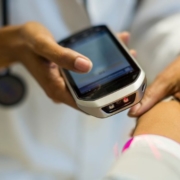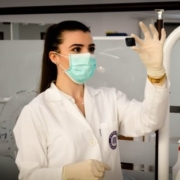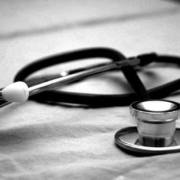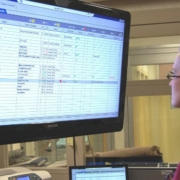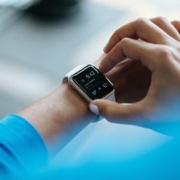AI Transformation in Medical Diagnoses
Within every aspect of healthcare, time is considered the most valuable component. Even minutes of delay can result in the loss of life. Early diagnosis lies at the heart of healing patients, and timely execution of treatment is of primary importance. At an average, doctors spend 15 minutes with each patient, which when considered intently, is grossly insufficient in providing a comprehensive diagnosis of the illness. In an ideal situation, a diagnosis should be made after careful consideration of all relevant patient information, including similar cases and demographics.
You might also lke: Artificial Intelligence to Transform Healthcare as We Know It
As the healthcare industry gradually moves toward an AI-driven world, things that were previously considered a hindrance or unlikely are now fairly simple tasks. Over the years, more than 90% of hospitals in the county have moved from paper-based systems to electronic processes. When it comes to medical diagnoses, patients’ records are of primary importance. Risks towards critical illnesses can be caught through predictive analysis, thereby saving lives and costs. Early diagnosis is no longer a distant hope, but an actuality that can be easily accomplished through advanced systems.
Source de l’article sur DZONE
